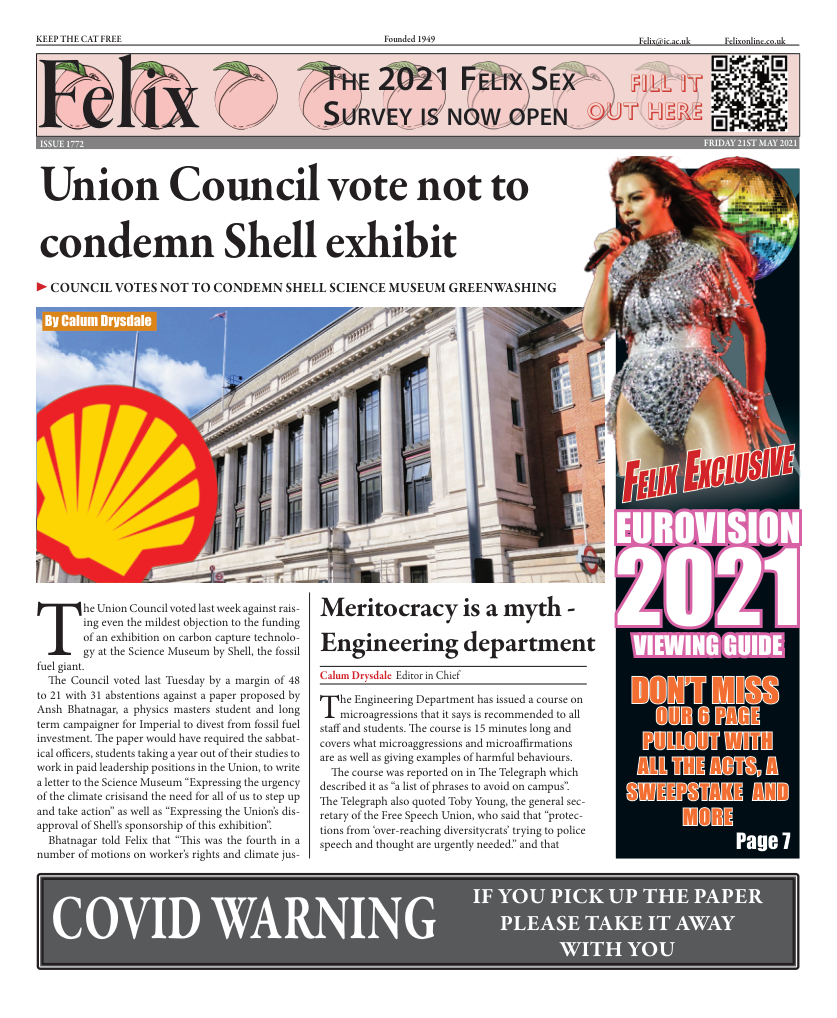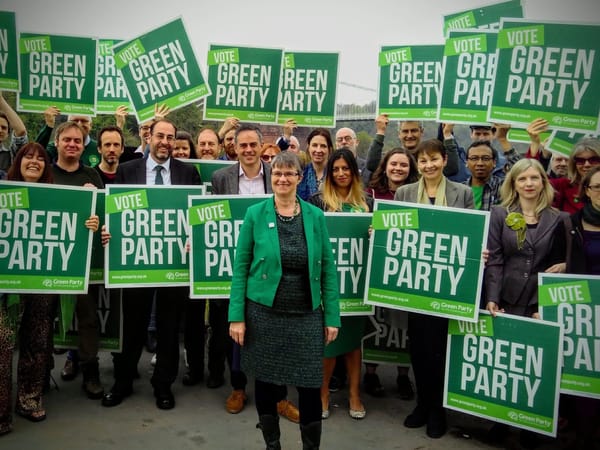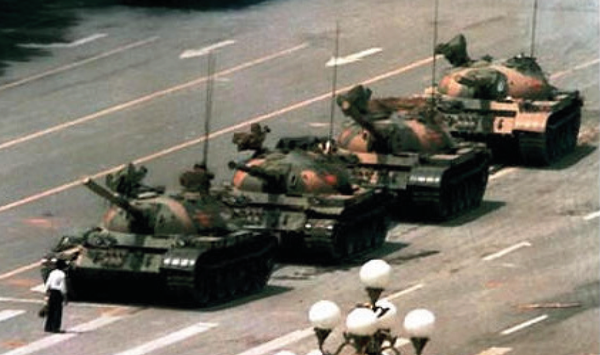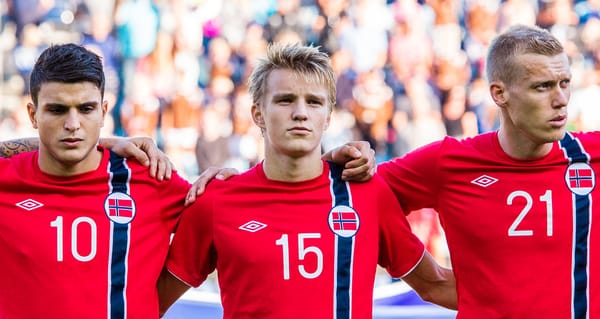The Cry of Palestine
President of Imperial College’s Friends of Palestine describes her feelings on hearing the news of following the recent escalation of conflict between Israel and Palestine.
As a Palestinian, I could easily say I am heartbroken by ongoing events, but that is not enough. I am upset and disheartened by the ongoing injustices and inhumanity. I spent the last couple of weeks glued to my phone, refreshing my Instagram and Facebook feeds at least every 15 minutes.
One minute, I am inspired by the confidence of Palestinian writer Mohammed El-Kurd, a resident of the Sheikh Jarrah neighbourhood in occupied East Jerusalem who, along with several other Palestinian families, is threatened with forced displacement from his home by an Israeli court. He challenged a CNN anchor he was being interviewed by: “Do you support the violent dispossession of me and my family?”.
The next minute, I stare in disbelief as the IDF violently storms Al-Aqsa mosque, the third holiest site in Islam, during the ten holiest nights of the holiest month of the Islamic calendar, Ramadan. Worshippers were being shot at with rubber bullets and were having stun grenades thrown at them.
IT IS IMPORTANT TO CONDEMN VIOLENCE THAT LEADS TO LOSSES OF BOTH PALESTINIAN AND ISRAELI LIVES.
The narrative and language that most media outlets used to describe the violence, particularly phrases like “conflict” and “clashes”, are inaccurate because of the massive disparity of power at play, with one side illegally occupying the other for over 70 years, breaking several UN resolutions in the process. Organisations like Human Rights Watch and B’Tselem, an Israeli NGO, have written reports that show how Israeli policies make apartheid (the intent of maintaining domination of one group over another) a reality for millions of Palestinians.
It is important to condemn violence that leads to losses of both Palestinian and Israeli lives. It is also important to highlight how disproportionate the recent attacks on Gaza are, and what the context of the Gaza strip is. It is one of the most densely populated regions in the world, with 2 million people living in a 365 square-kilometre area, which also happens to be under a 14-year-old blockade. The economic situations are dire with an 82% employment rate and 53% of the population living in poverty. With May being mental health awareness month, it should be noted that 95% of Palestinian children in Gaza also suffer from deep psychological distress because of the threat of conflict and uncertainty of what the future holds.
Refugee camps, residential areas, schools, media offices, medical centres, and a coronavirus testing laboratory have all been targeted by the recent airstrikes on Gaza. Over 200 Palestinians have been killed as of Tuesday, including 63 children and 36 women. These are not just numbers to be lost under the mounting statistics: each innocent loss of life represents a person, like you and me, who had hopes and dreams for a better future. The footage being shared is distressing. An orphaned boy mourning his father. A man mourning his four children. Children being pulled from beneath the rubble. A woman trying to salvage anything she can from the ruins of her home. A two-month-old baby and his father being the sole survivors from their family. A groom-to-be losing his fiancée. These are just a small fraction of lives that have been lost and forever impacted by violence they don’t deserve. They do not have anywhere to go or to be safe in.
No one should have to tweet their goodbyes. Mothers should not have to gather their children in one room “so that when we die, we die together, and no one would live to mourn the loss of one another”. And still, Palestinians are dehumanised. They still have to explain why they deserve justice, why they deserve their rights, and why their voices must be heard.








